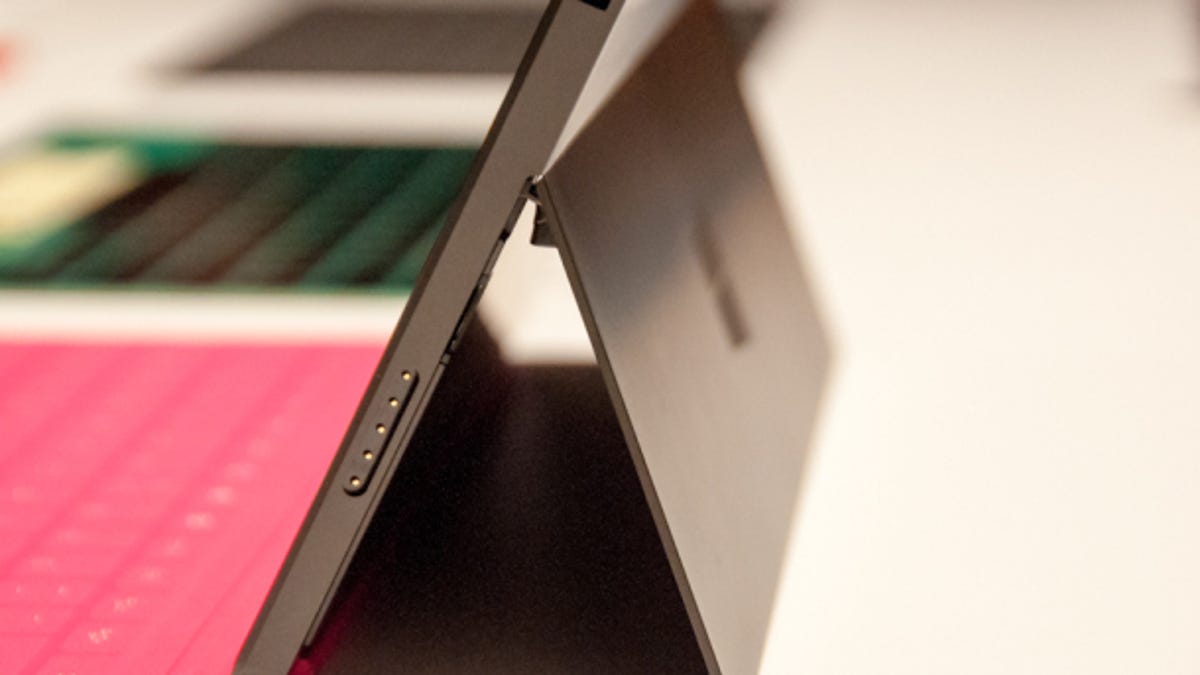Intel 4th gen Core chips to slash power consumption
Chip giant will talk about a new series of mainstream chips next week that are much more power efficient than today's processors.

Intel will disclose a new series of ultra-power-efficient chips aimed at tablets and convertibles at the Intel Developer Forum next week.
The Intel 4th Generation Core chips, codenamed "Haswell," will come close to cutting the power consumption in half compared with the most power-efficient mainstream 3rd Generation Core "Ivy Bridge" chips today.
Ivy Bridge chips used today in the skinniest, lightest laptops like the MacBook Air and Hewlett-Packard's Envy Spectre XT are rated at 17 watts.
The new chips, due in the second half of 2013, will be rated initially at 10 watts -- that will slash power consumption by about 41 percent. Later chips will be even more power efficient.
Typically, the lower the wattage, the longer the battery life and the thinner the product can become. For example, tablets today built around chips based on the ARM design can be as thin as 0.3 inches and weigh less than a pound. The power consumption on ARM chips is typically rated at below 2 watts and devices with these chips offer all-day, or better, battery life.
While mainstream Intel "x86" chips cannot achieve that level of power efficiency, they are considerably more powerful than ARM processors.
And that's one of the reasons that Microsoft chose to come out with two version of its Surface tablet. The first Surface products will run an RT version of Windows 8 designed for power-efficient ARM chips. Later Surface products will have more powerful Intel Ivy Bridge processors that run the full Windows 8 Pro version.
Intel continues to offer its Atom series of processors that are rated as low as 2 watts, but they haven't been popular as Intel had hoped because of performance issues when running the full desktop versions of Windows.

